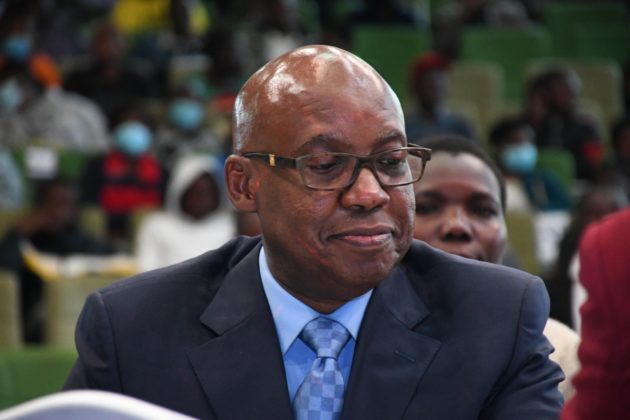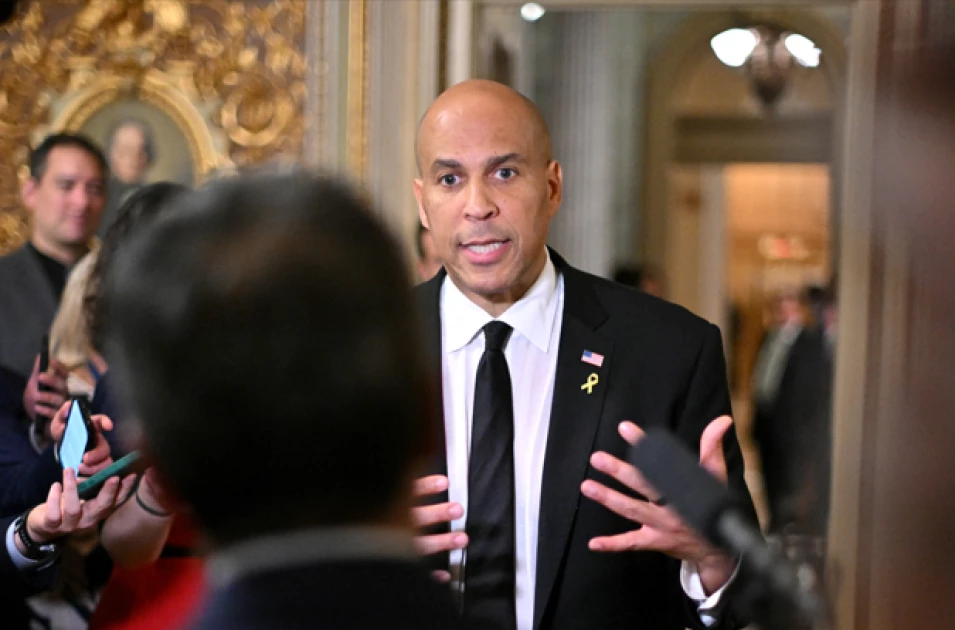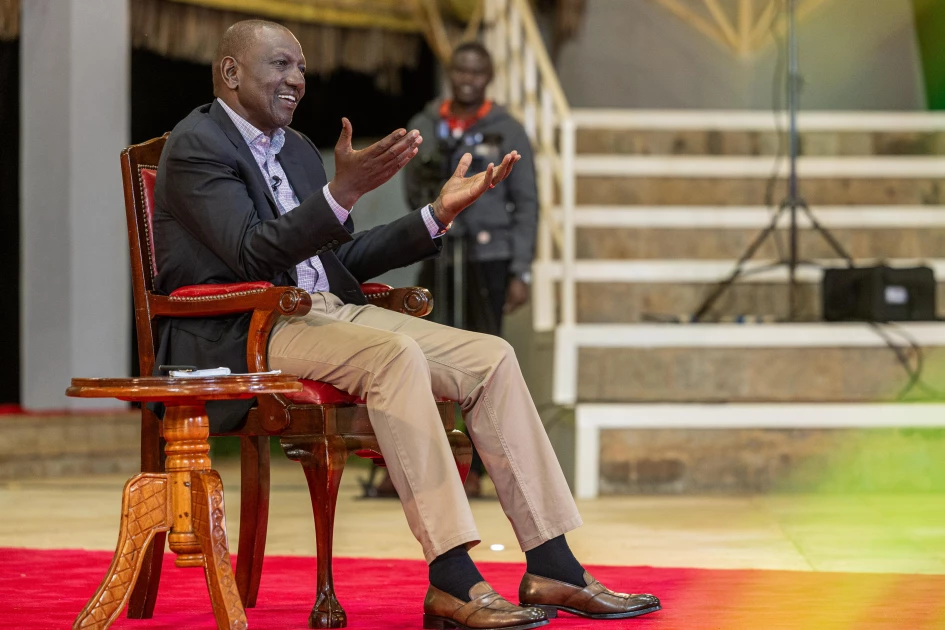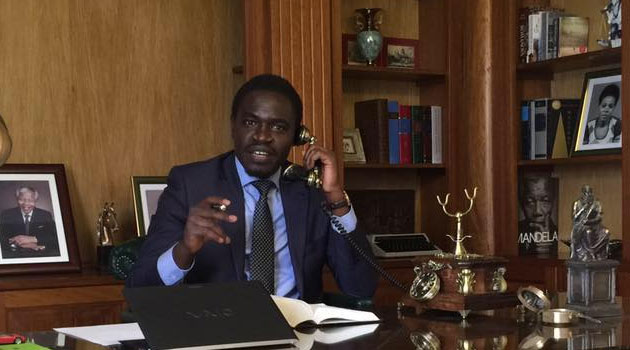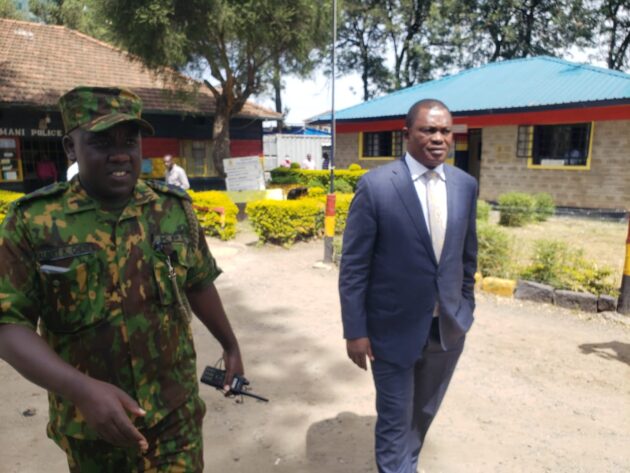Authorities have intensified their search for prominent businessman Jimi Wanjigi, who is accused of financing anti-government protests that rocked Nairobi and other parts of the country.
The protests, spearheaded by the Gen Z youth movement, have been ongoing since June, with demonstrators demanding improved governance and accountability.
On Thursday, police conducted a raid at Wanjigi’s residence in Nairobi’s affluent Muthaiga neighborhood. The operation followed the discovery of a vehicle, allegedly linked to Wanjigi, abandoned outside his home. The vehicle was subsequently towed away by law enforcement officers for further investigation.
Wanjigi’s son, Maina, denied any connection to the vehicle, insisting that it does not belong to their family. Despite this, the police claim Wanjigi is wanted for allegedly distributing money to youths along Limuru Road on August 8, in a bid to fund the ongoing protests dubbed ‘Nane Nane’.
Wanjigi’s legal representative, Willis Otieno, criticized the police’s actions, arguing that his client is being unfairly targeted. “Every struggling regime seems to find a scapegoat in Jimi Wanjigi. We saw this during Uhuru Kenyatta’s tenure, and now William Ruto’s administration appears to be doing the same. There is no legitimate reason for these repeated raids and intimidation tactics,” Otieno said.
The police presence in Nairobi was markedly increased on Thursday, with officers using tear gas to disperse protesters in various parts of the Central Business District, including Tom Mboya Street, Moi Avenue, and Kimathi Street. The authorities also instructed business owners to close their premises and urged motorists to avoid the city center as the protests escalated. By midday, several demonstrators had been arrested.
Roadblocks were set up on key routes leading into the city, such as Waiyaki Way, Thika Road, Jogoo Road, and Uhuru Highway, in an effort to control the flow of protesters into the CBD.
While Nairobi remained tense, the situation in other counties such as Kisumu, Kisii, Nakuru, and Nyeri was relatively calm, with most businesses operating as usual. In Kirinyaga County, a heavy police presence was observed around the County Assembly Chambers, where members were convening a special session to pass the appropriation bill.
Protesters arriving in Nairobi from other regions faced immediate arrests, with some police officers reportedly operating in plain clothes to apprehend participants.
Earlier this week, acting Inspector General of Police Gilbert Masengeli assured the public that the police were fully prepared to maintain order across the country. The Gen Z protests, which have led to the deaths of more than 60 people—mostly due to police actions—continue to highlight the deepening frustrations among Kenya’s youth, who are calling for significant reforms and greater accountability from government.
